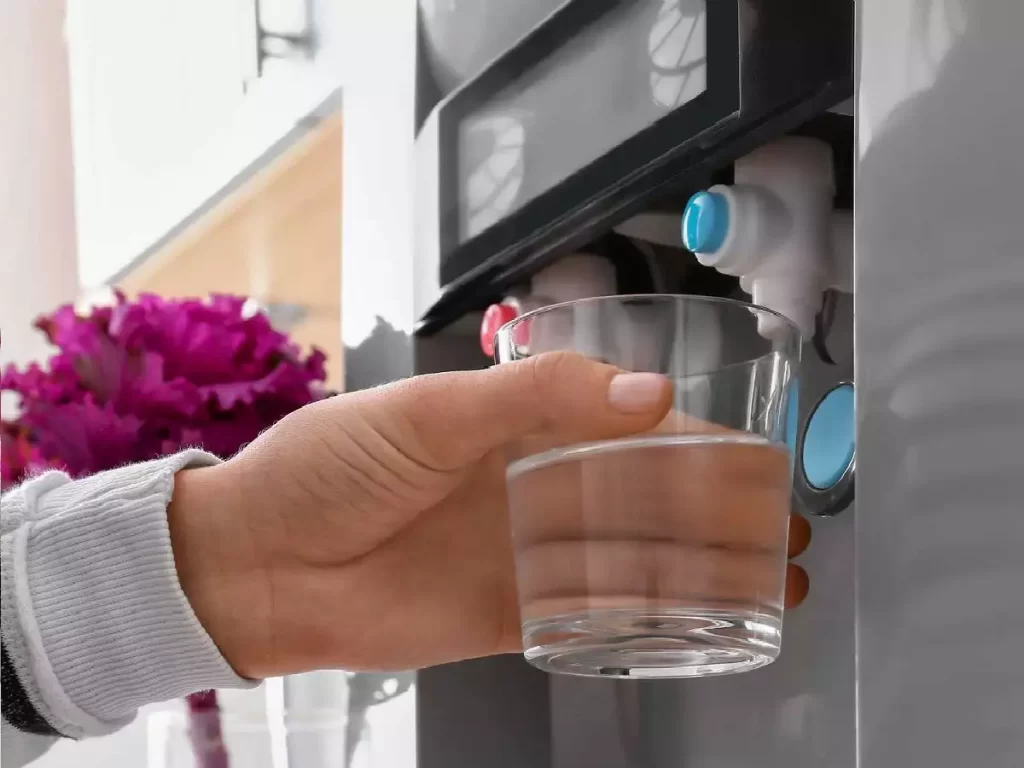Water is an essential resource that sustains life and plays a crucial role in various industries, including power generation, manufacturing, and agriculture. Within these industries, hot and cold water plants are vital for a wide range of processes, from cooling equipment to providing heating systems. However, ensuring water quality in these plants is of utmost importance to maintain operational efficiency and protect the environment. Contaminated water can have severe consequences on equipment performance, energy efficiency, and overall plant productivity. The presence of impurities, such as suspended solids, dissolved minerals, and organic matter, can lead to scaling, corrosion, and microbial growth within the water systems. These issues not only affect the lifespan of equipment but also increase maintenance costs and decrease energy efficiency.
To address water quality concerns in hot and cold water plants, several key measures can be implemented. Firstly, a robust water treatment program should be established to prevent the accumulation of impurities. This typically involves a combination of physical filtration, chemical treatment, and disinfection processes. By removing suspended solids and controlling microbial growth, water treatments systems help maintain clean and safe water for plant operations. Chemical treatment is a crucial aspect of water quality management. Depending on the specific requirements of the plant, chemicals such as corrosion inhibitors, scale inhibitors, and biocides can be added to the water. Corrosion inhibitors help prevent the deterioration of metal surfaces, while scale inhibitors inhibit the formation of mineral deposits. Biocides, on the other hand, control the growth of bacteria and other microorganisms that can contribute to fouling and biofilm formation.

Regular monitoring and testing of water quality parameters are essential to ensure the effectiveness of the treatment program. PH levels, conductivity, total dissolved solids (TDS), and microbiological counts should be regularly measured and analyzed. This information allows plant operators to make necessary adjustments to the treatment program and maintain optimal water quality. In addition to may nuoc nong lanh Mutosi water treatment, proper maintenance and cleaning of water systems are crucial to address water quality concerns. Regular inspection of heat exchangers, cooling towers, and piping systems helps identify and rectify any issues before they escalate. Cleaning procedures such as descaling, flushing, and disinfection should be conducted as part of routine maintenance to remove accumulated deposits and contaminants.
Moreover, water conservation practices can also contribute to improving water quality in hot and cold water plants. Implementing water reuse and recycling systems reduces the demand for fresh water intake and minimizes the discharge of wastewater. By treating and reusing water within the plant, the overall water consumption can be reduced, and the environmental impact can be minimized. Addressing water quality concerns in hot and cold water plants requires a comprehensive approach that combines effective water treatment, regular monitoring, proper maintenance, and water conservation practices. By implementing these measures, plant operators can ensure the longevity of equipment, optimize operational efficiency, and contribute to environmental sustainability. In conclusion, water quality is a critical factor in the operation of hot and cold water plants. Proper water treatment, monitoring, maintenance, and conservation practices are essential to address water quality concerns.